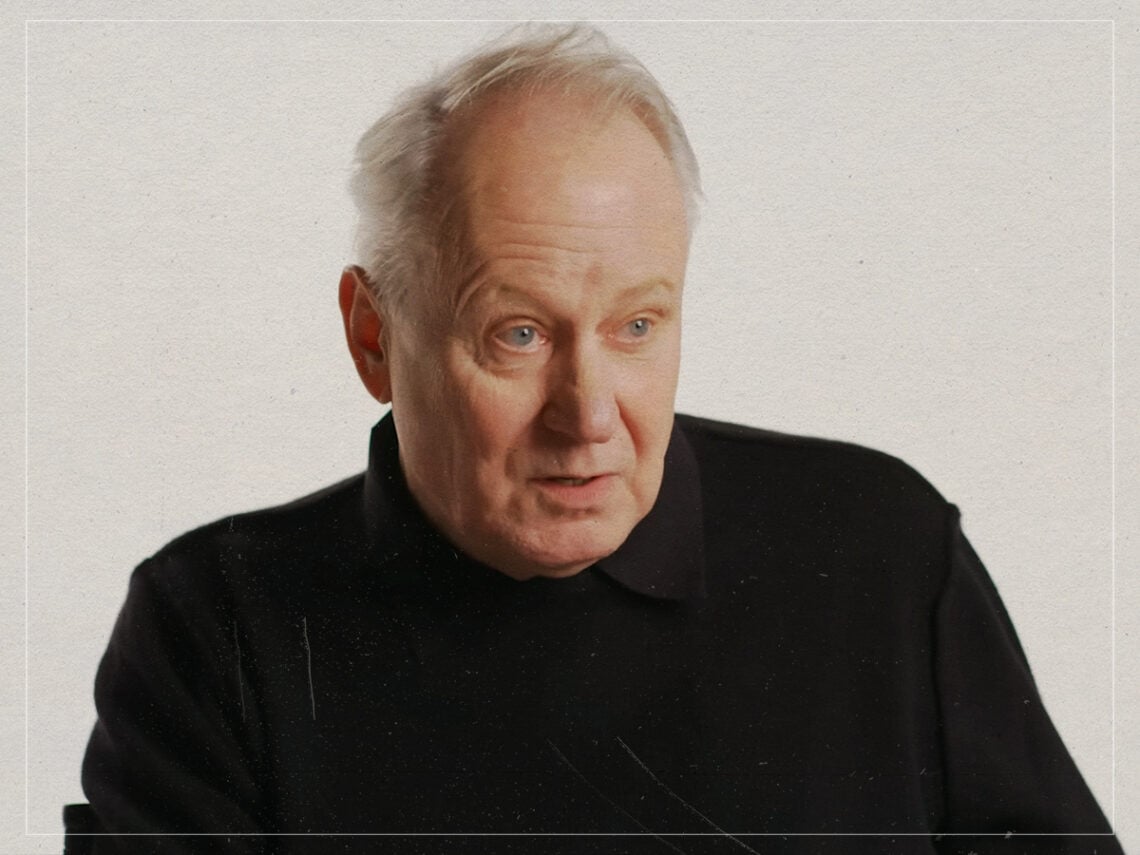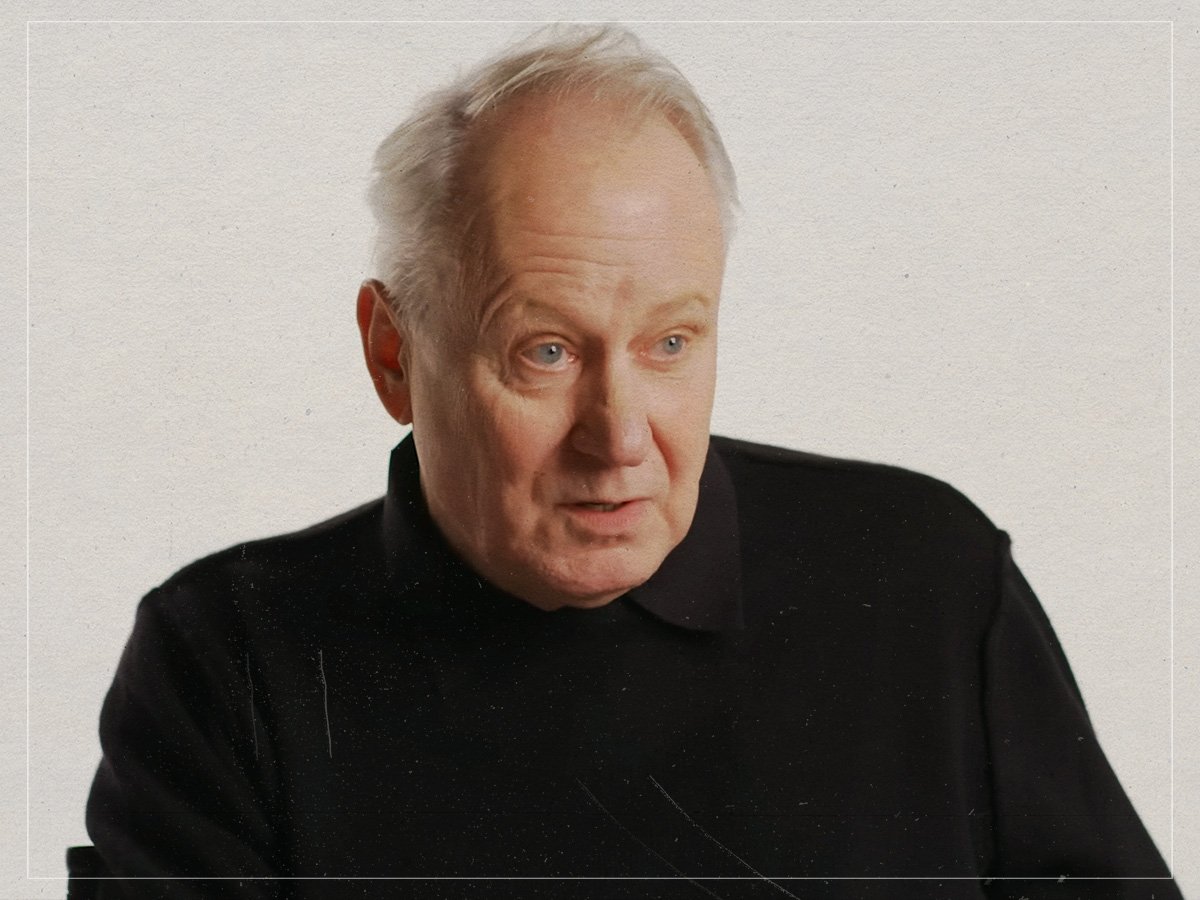
(Credits: Far Out / YouTube Still)
Sat 25 October 2025 12:30, UK
The country of Sweden has produced many great things over the years.
The three-point seatbelt, ABBA, and a certain brand of flat-pack furniture which I won’t be mentioning as they refuse to refund me for a bookcase, but perhaps their finest export is the Skarsgård family.
The great Stellan Skarsgård has a whopping eight children, many of whom have gone on to become stars in their own right. While Bill might have made a great Pennywise and Alexander had everyone swooning on True Blood, let’s not forget about the many incredible achievements of their papa.
Stellan, who recently revealed that he is still recovering from a stroke he suffered in 2022, can do practically anything. Blockbusters like Pirates of the Caribbean or Dune? Tick. Weird arthouse pieces with Lars von Trier? Tick. Providing some of the worst singing of all time, eclipsed only by his own co-star, Pierce Brosnan? You know that’s a tick.
Given how glittering his career has been, then, it’s easy to forget that Skarsgård the elder once worked alongside another of his most revered countrymen. In 1983, the actor appeared in a made-for-TV adaptation of the play Hustruskolan (‘The School For Wives’), which Ingmar Bergman Bergman directed. Working with such an esteemed creative mind must have been a real honour, right? Well, not exactly.
“My complicated relationship with Bergman has to do with him not being a very nice guy,” he explained to Variety. “He was a nice director, but you can still denounce a person as an asshole. Caravaggio was probably an asshole as well, but he did great paintings… [Bergman] was a Nazi during the war and the only person I know who cried when Hitler died. We kept excusing him, but I have a feeling he had a very weird outlook on other people…”
“You felt it when he was manipulating others. He wasn’t nice.”
Stellan Skarsgård
Of course, Bergman is responsible for some truly titanic contributions to cinema. His 1957 effort The Seventh Seal, which is famous for pitting a knight against the embodiment of Death in a game of chess, is widely regarded as one of the greatest movies ever made. However, as Skarsgård noted, that doesn’t excuse his personal behaviour. It’s true that he did have a history with the Nazi party, once attending a rally at which Adolf Hitler was present. This was in 1934, when many others in Europe had always been taken under the spell of the charismatic dictator. The claims of him crying upon the death of the despot are currently unsubstantiated.
This revelation basically boils down to the classic ‘art vs artist’ debate. Are you allowed to listen to Michael Jackson? Should you stop watching Woody Allen movies? Conversations like these are commonplace in today’s morally savvy, highly-researched world, with nobody able to offer a clear answer. That’s because there isn’t one. It’s an incredibly murky area that essentially depends on one’s own moral standards.
Skarsgård seems to believe that you can still appreciate Bergman’s work, but only if you acknowledge the myriad of faults with him as a human being. Despite referring to him as both an ‘asshole’ and a ‘Nazi’, this is actually one of the more nuanced takes surrounding this issue.
Related Topics

